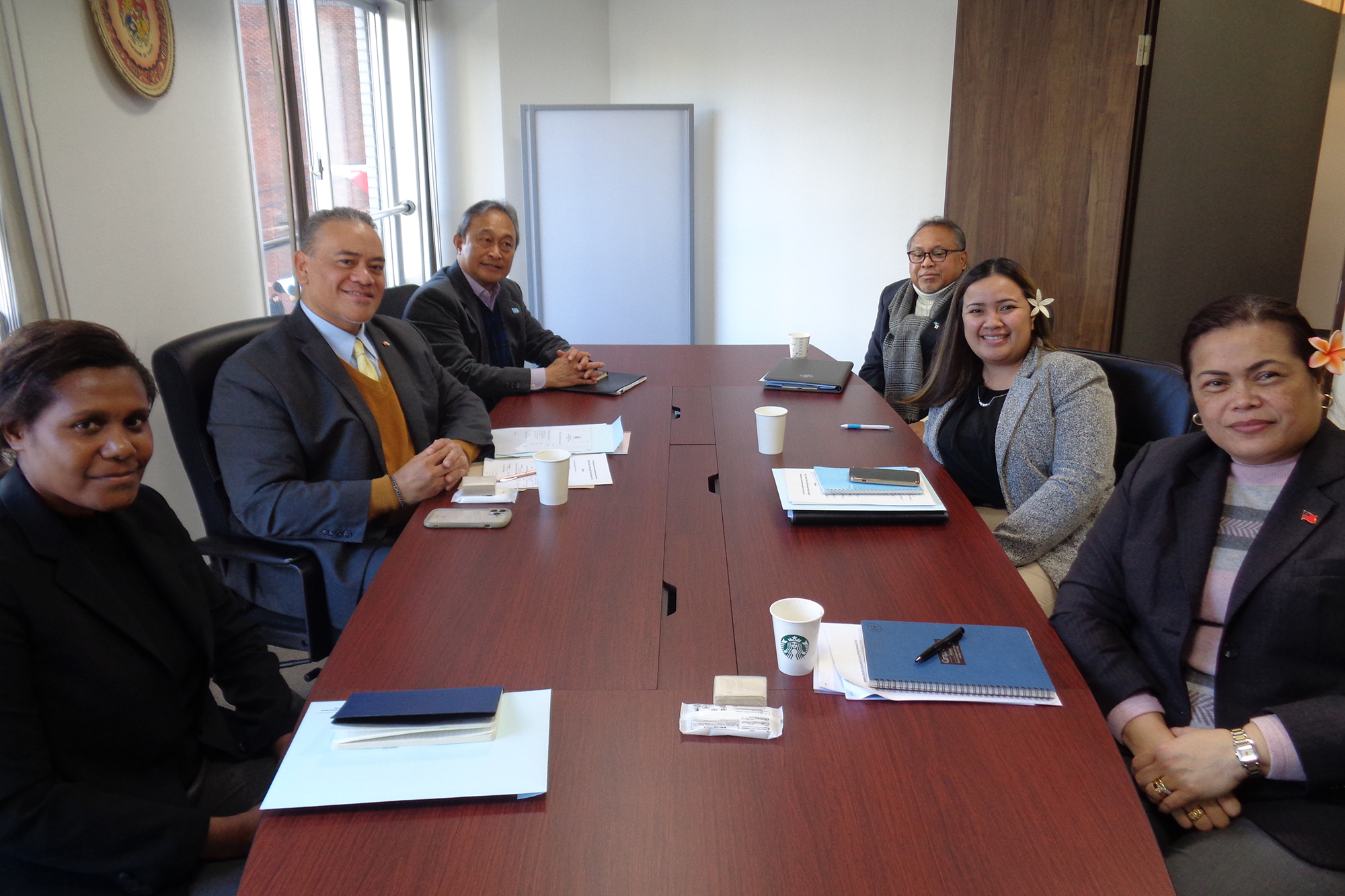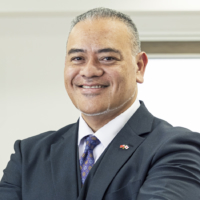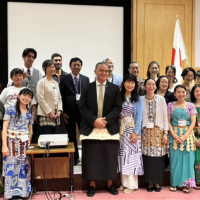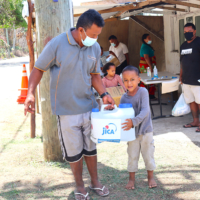Decades in the making, the leaders of the Pacific island countries and Japan will meet for their 10th summit known as the Pacific Island Leaders Meeting. First held in 1997, it is a triennial event held in Japan, save for the ninth summit, which was held online because of COVID-19.
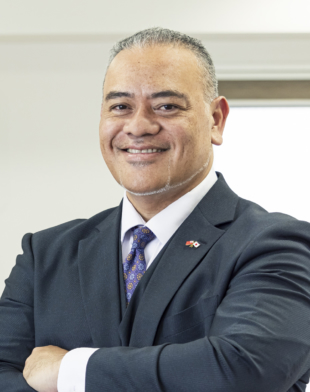
The summit is the premiere caucus that will map out and define relations between the Pacific island countries and Japan for the following 3-year cycle. PALM 10 is scheduled from July 16 to 18, and for the first time, it is aligning itself against the seven priorities agreed to by the leaders of the Pacific Island Forum through its 2050 Strategy for the Blue Pacific Continent and its implementing plan. The PALM 10 Declaration and its joint action plan will thus be based on these priority areas of cooperation: regionalism, development, peace and security, economic growth, climate change and disaster risk reduction, ocean and the environment, and technology and connectivity.
PALM is premised upon developing friendships and partnerships through human relations and enduring bonds, known in Japan as kizuna. True friendships and relations are founded upon human and personal interactions, which makes PALM unique in light of its experience with the Japan International Cooperation Agency’s Japan Overseas Cooperation Volunteers program.
The promotion of understanding among people is the bedrock of good relations and this is achieved especially through the JOCV. These young volunteers live among the Pacific island communities from the village level to the government level and in so doing assist our countries through their expertise at all levels and more importantly, by way of long-lasting friendships and mutual understanding. In my own case, I am currently working with and have reinvigorated my close friendship with a former volunteer at my high school who was my math teacher. She is now a director at an nonprofit organization that uses projects to assist Tonga’s development aspirations. This friendship is 37 years old and still going strong. Such is the unique and special character of this program under JICA, which is part and parcel of the delivery of PALM to the region. It’s a win for the Pacific islands and a win for Japan. This is true kizuna made, and continually in the making.
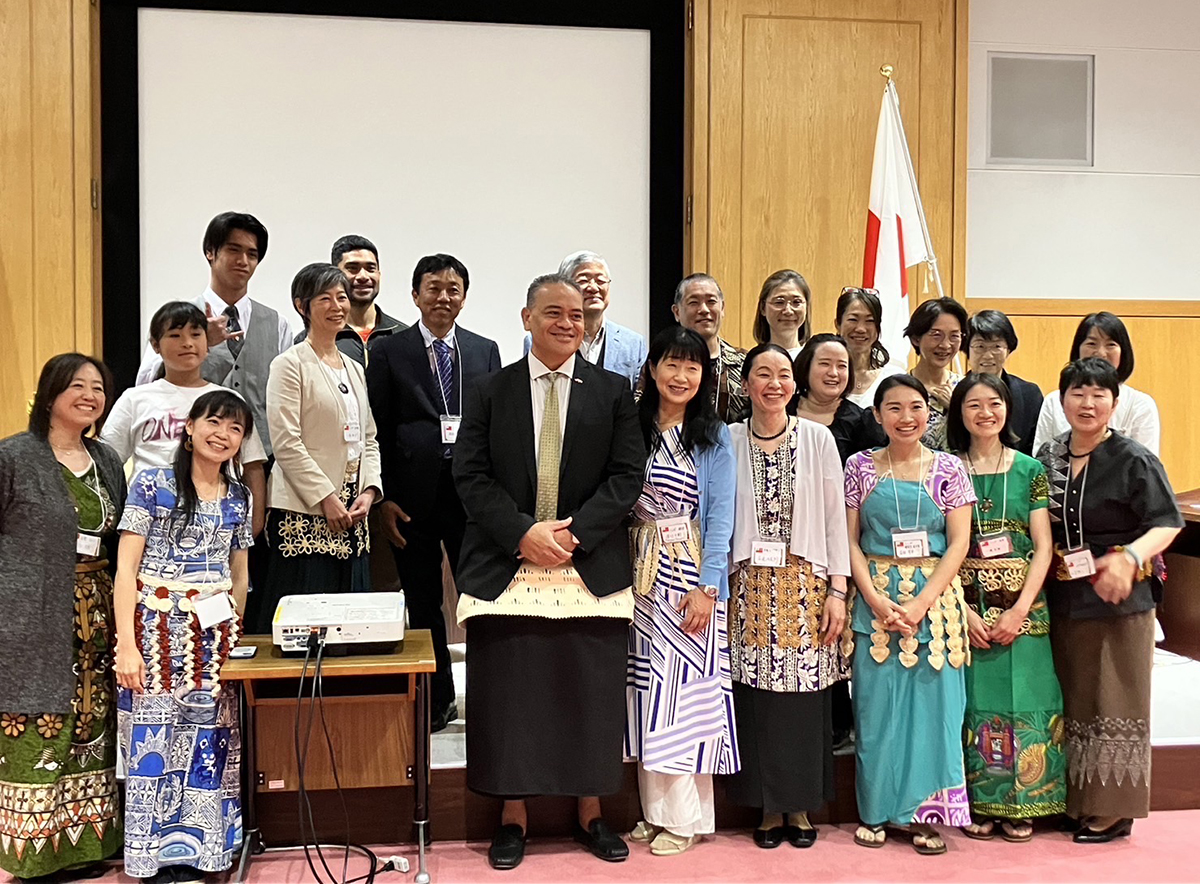
The key for Japan’s successful presence and its interests in the Pacific islands region is just that — presence. Enhancing its presence through PALM, which then informs the bilateral relationship Japan shares with each country, serves Japan’s national interests. What also matters is the form and substance of that presence. The success of it to date, in my view, has been through the JOCV. Presence in my view also means simply visits, particularly high-level visits to the islands by prominent Japanese.
In Tonga’s case, his majesty the emperor, as crown prince, visited Tonga twice — including once with her majesty the empress when she was crown princess. Other members of the imperial family have also visited Tonga, thus sealing a special bond between our peoples.
In addition, Tonga will host the annual Pacific Islands Forum Leaders Meeting in Nuku’alofa this August. By invitation from Prime Minister Fumio Kishida as co-chair of PALM 10 next month, the leaders and representatives of the Pacific islands will be in Tokyo to renew and strengthen these bonds through a reinvigorated resetting of the PALM partnership. By invitation also of Tonga’s Prime Minister Hu’akavameiliku, Kishida has been asked to attend the Pacific islands leaders meeting in Tonga.
In terms of successful presence, Kishida will not only make history as the first prime minister of Japan to attend the annual leaders meeting, but will also solidify his nation’s bonds with the region for many, many years to come simply by attending. As history in the making, it thus will be etched forever in the history of relations between the Pacific island countries and Japan. This is the importance of presence and we all eagerly await a hopeful positive answer to the invitation. Attending the meeting in Tonga in August will be the natural and logical flow from the PALM 10 summit in July.
In the increasingly interesting dynamics of the Pacific islands region, with different matters becoming polarized somewhat because of geopolitical intricacies, such representation by Japan through the prime minister would count as a loud, clear and historic statement, given that similar gestures by other competing interests have yet to come to the fore. How the dynamism of the region will change with the ebb and flow of the interests expressed in our Blue Pacific policy remains to be seen. Being friends to all, Pacific island countries, our governments, and especially the people we serve, will see and feel Japan’s presence on our shores as equivalent to a demonstration and recognition of the importance of our relationship and its ongoing strengthening from level to level.
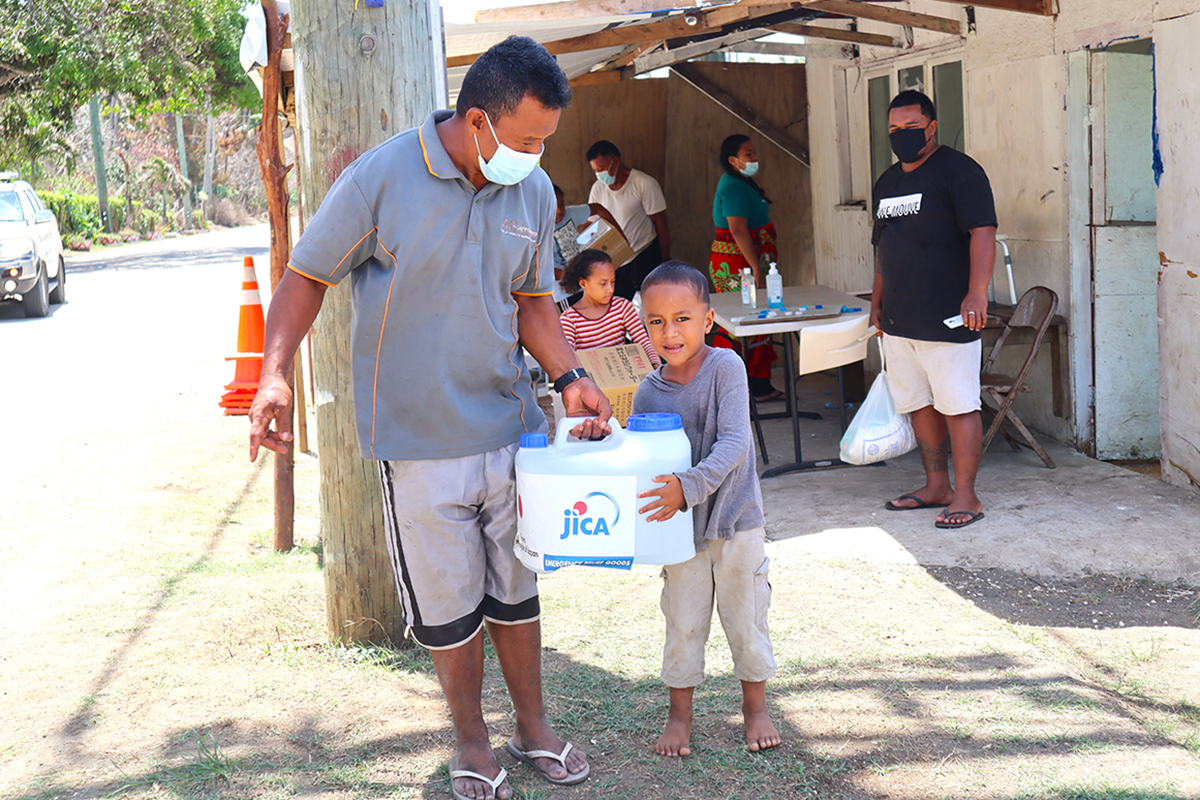
This year, the Embassy of the Kingdom of Tonga was appointed by our seven-member caucus of Pacific island ambassadors to be chair of the group. Our Pacific Island Countries Ambassadorial Group works toward and supports Japan’s presence in our shared region. PICAG is fully cognizant also of the dynamics being played out and wishes for Japan to consider positions espoused by the group, which not only serves the interests of the region in terms of sustainable development, but importantly also serves Japan’s interests in terms of enhancing its prominence and again, its presence in the region, as a trusted friend in need, both officially and personally. Japan’s unique policy of not getting involved in the domestic affairs of each island also raises its profile and is something that should be continued.
As diplomats from the Pacific island countries and Japan work tirelessly to finalize the outcome documents for PALM 10, it is our hope that the fundamental premise of the relationship based on human relations, personal bonds, and people-centered understanding pervades all discussions, for that is the crux and the characteristic that sets our friendship and partnership apart from others, which uniquely places PALM at a different and special level.



